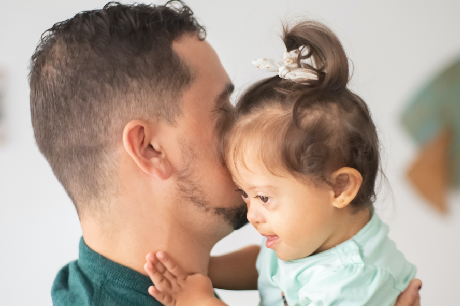Social Security Benefits and Breast Cancer
It is estimated that there are approximately 3 million women living with breast cancer in the United States, currently, and it is predicted that another 300,000 women will be diagnosed with cancer this year (estimates for men predict around 2500 newly diagnosed in 2017). And while five-year and 10-year survival rates are 80 to 90% ,if the cancer is detected prior to spreading to the lymph nodes and other body symptoms, sadly, not all people are aware of the signs and associated symptoms of breast cancer and as a result ,the condition can go undetected for too long. While this can be a very complicated diagnosis, equally complex is the legalities related to Social Security benefits and breast cancer.
In those grave cases, the Social Security Administration will make a compassionate allowance. Compassionate allowances are made for breast carcinoma (stage I V); this condition can be otherwise known as metastatic breast cancer, ductal carcinoma of the breast, metastatic breast carcinoma, metastatic ductalcarcinoma, metastatic ductal cancer, lobular carcinoma of the breast (IV), metastatic lobular cancer, metastatic lobular carcinoma and recurrent breast cancer.
The compassionate allowance will generally be made upon the strength of a pathology or operative report but a letter from your oncologist stating that the cancer is inoperable or unresectable can suffice.
One of the weaknesses in the Social Security administration’s compassionate allowance(CAL) program however is that “word search software” is employed to identify the conditions that qualify for CAL in their software does not always detect each and every alternate diagnosis designation… So a compassionate case can be missed. An experienced attorney can assist in assuring that the Social Security administration is made aware of a qualifying condition.
Thankfully, most breast cancer is detected before it metastasizes , But this does not mean that survivors might not be otherwise disabled for instance, many individuals who undergo successful surgery find that they develop side effects to the toxic treatments associated with cancer e.g. radiation and chemotherapy. For instance, Social Security’s listing 13.10 anticipates that cancer survivors may develop “secondary lymphedema caused by anti-cancer therapy ” which may require surgery to “salvage or restore the functioning “of an upper limb.
The Social Security Administration will consider an individual under a disability for at least 12 months from the date of her surgery treating the secondary lymphedema.
For additional resources on related to breast cancer consider visiting, www.cdc.gov/cancer/breast/
If you found this article helpful, we recommend Tips on Autism.
Advocating for Special Needs Children
Assuring that your child is receiving an appropriate education is essential to your child’s development and future success in both school and life. When a child has intellectual, mental or behavioral deficits they will need extra and personally tailored help.
Advocating for the Mentally Disabled
Picture if you will, a poor soul struggling with disabling mental illness. They are severely impaired, have no income to live on, may well be homeless and without family or friends to support them. They may have made a claim for disability benefits and it has most likely been denied.
Disability Benefits and Fibromyalgia
Dealing with activities of daily living, dealing with the fatigue, dealing with your loved ones and dealing with the demands of work- just for starters. You can reduce the complexity of Disability Benefits and Fibromyalgia from the list of pains by consulting the appropriate specialists.







